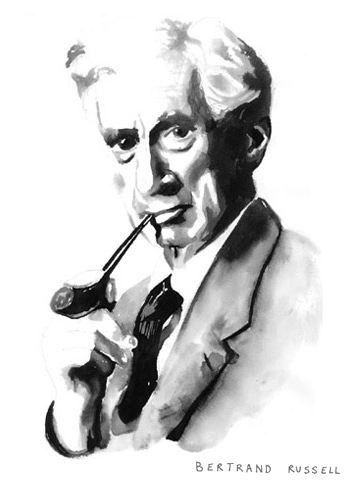RUSSELL'S THEORY OF DESCRIPTIONS
Publié le 09/01/2010

Extrait du document

In his realist period, when he wrote The Principles of Mathematics, Russell had believed that in order to save the objectivity of concepts and judgements it was necessary to accept the existence of Platonic ideas and of propositions which subsisted independently of their expression in sentences. Like Frege, he accepted that concepts were something independent of our thinking; but he went beyond Frege because he believed that not only relations and numbers, but also chimaeras and the Homeric gods all had being of some kind, for if not it would be impossible to make propositions about them. ‘Thus being is a general attribute of everything, and to mention anything is to show that it is.'
Liens utiles
- Bertrand Russell : MÉTHODE SCIENTIFIQUE EN PHILOSOPHIE - résumé, analyse
- THÉORIE DU SON [Theory of Sound]. Résumé
- THÉORIE DE LA JUSTICE, A Theory of Justice, 1971. John Rawls (résumé & analyse)
- CHRONIQUES DE BIGLOW (résumé & analyse) James Russell Lowell
- La Philosophie de l'atomisme logique de Bertrand Russell (résumé et analyse)































